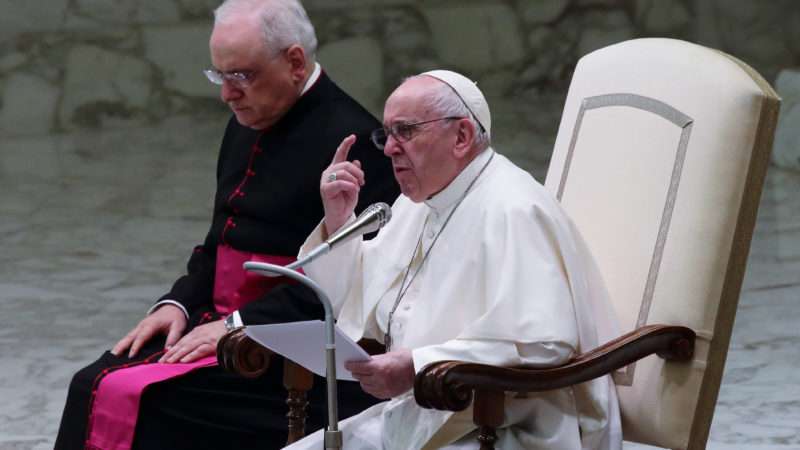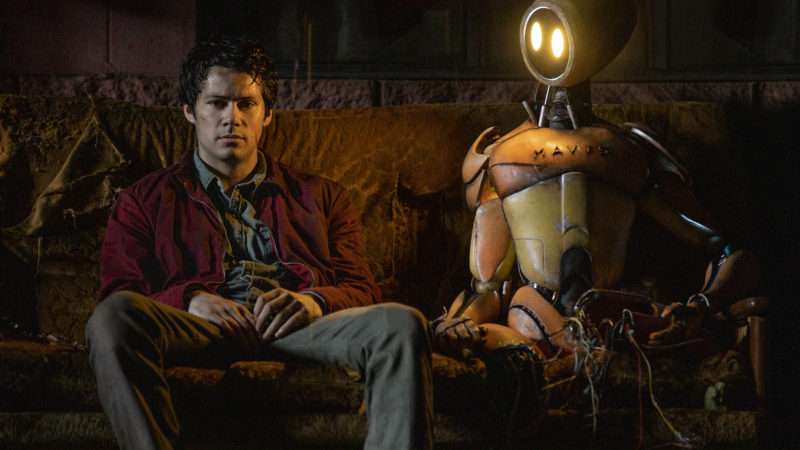From Ball v. Skillz Inc., decided Wednesday by Magistrate Judge Brenda Weksler (D. Nev.):
Presently before the court is Plaintiff Jane Roe’s Motion to Proceed under a Fictitious Name … and her Motion to Seal the Certificate of Interested Parties …. Neither Motion was opposed. Nevertheless, based on the strong presumption in favor of public access to judicial proceedings, the court denies these motions.
Plaintiff, Jane Roe, bring claims against defendant for violations of the Colorado Consumer Protection Act and asks this court to allow her to proceed anonymously. She explains that her allegations are inextricably related to her own compulsive gambling, the impact of that gambling on her mental health, the suicidal inclinations she experienced, and the related personal harms she suffered.
She explains that her employer does not know of her struggles with gambling. She also notes that her work requires interaction with members of the public who, upon learning about this case, may “weaponize” the information against her in future encounters. She is fearful of being confronted by those around her if this information were to become public and the ways in which this could affect her professional standing. For similar reasons, she also requests that the certificate of interest parties, which contains her name, be allowed to remain sealed….
“Plaintiffs’ use of fictitious names runs afoul of the public’s common law right of access to judicial proceedings.” Further, Rule 10(a) commands that the title of every complaint “include the names of all the parties.”
The Ninth Circuit allows “parties to use pseudonyms in the ‘unusual case’ when nondisclosure of the party’s identity ‘is necessary … to protect a person from harassment, injury, ridicule or personal embarrassment.'” The Ninth Circuit has permitted plaintiffs to use pseudonyms in three situations: (1) when identification creates a risk of retaliatory physical or mental harm, (2) when anonymity is necessary to privacy in a matter of sensitive and highly personal nature, and (3) when the anonymous party is compelled to admit his or her intention to engage in illegal conduct thereby risking criminal prosecution. If the plaintiff’s motion to proceed anonymously is based on fear of retaliation, the court evaluates the following factors: (1) the severity of the threatened harm, (2) the reasonableness of the anonymous party’s fears, and (3) the anonymous party’s vulnerability to such retaliation (4) the prejudice to the opposing party and (5) the public interest.
The court sympathizes with Plaintiff’s past psychological issues and is comforted by her choice to obtain help. Yet, in terms [of] retaliatory mental harm, she provides only conclusory statements about her fears surrounding future interactions she may have with the public as a result of her job and how knowledge about this case might affect her professional standing with her employer, who is not aware of her past gambling history. The information provided is so lacking that the court is unable to weigh any of the [factors given above].
And, in today’s environment, a past gambling addiction with accompanying mental health problems is not so out of the norm as to constitute sensitive and highly personal in nature. While there is no identifiable prejudice to defendant in allowing plaintiff to remain anonymous, plaintiff cannot show that the need for anonymity in this case outweighs the public’s interest in the proceedings.
Again, this court is sympathetic to Plaintiff’s concerns, but the facts of this case do not overcome the paramount importance of open courts. This court would fail its obligation to the public by allowing the plaintiff to remain anonymous.
Given the procedural posture of the case, including defendant’s pending Motion to Compel Arbitration … and defendant’s Motion to Dismiss …, the court will allow plaintiff some time before she needs to reveal her identity. [But] plaintiff’s motion to proceed anonymously … is DENIED[ and] Plaintiff’s Motion to Seal … is DENIED. IT IS FURTHER ORDERED that Plaintiff must file an amended complaint using her true name no later than 14 days after this Court resolves the Motion to Dismiss, at which time the Court will unseal the certificate of interested parties ….
from Latest – Reason.com https://ift.tt/3lTFnnq
via IFTTT


